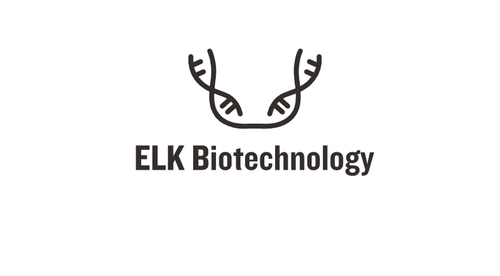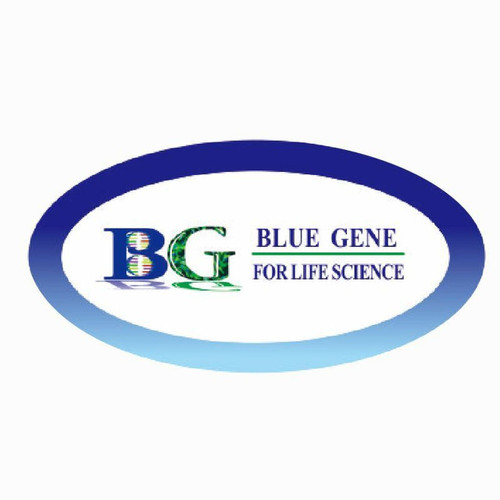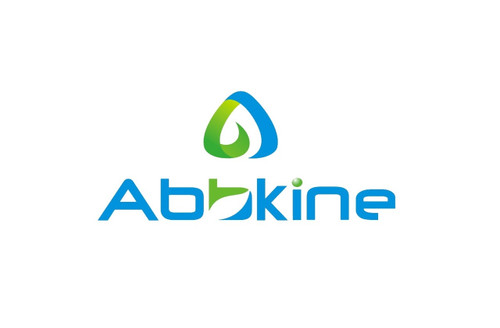Product Description
Human Chymotrypsinogen B2 (CTRB2) ELISA Kit | AE58965HU | Abebio
Species Reactivity: Human (Homo sapiens)
Abbreviation: CTRB2
Alternative Name: Chymotrypsin B2
Application: ELISA
Range: 1.56-100 ng/mL
Sensitivity: 0.62 ng/mL
Intra-Assay: ≤4.7%
Inter-Assay: ≤7.1%
Recovery: 0, 98
Sample Type: Serum, Plasma, Other biological fluids
Detection Method: Sandwich
Analysis Method : Quantitive
Test Principale: This assay employs a two-site sandwich ELISA to quantitate CTRB2 in samples. An antibody specific for CTRB2 has been pre-coated onto a microplate. Standards and samples are pipetted into the wells and anyCTRB2 present is bound by the immobilized antibody. After removing any unbound substances, a biotin-conjugated antibody specific for CTRB2 is added to the wells. After washing, Streptavidin conjugated Horseradish Peroxidase (HRP) is added to the wells. Following a wash to remove any unbound avidin-enzyme reagent, a substrate solution is added to the wells and color develops in proportion to the amount of CTRB2 bound in the initial step. The color development is stopped and the intensity of the color is measured.
Product Overview: Chymotrypsin is a digestive enzyme that can perform proteolysis. Chymotrypsin preferentially cleaves peptide amide bonds where the carboxyl side of amide bond (the S1 position) is a tyrosine, tryptophan, or phenylalanine. These amino acids contain an aromatic ring in their sidechain that fits into a 'hydrophobic pocket' (the P1 position) of the enzyme. The hydrophobic and shape complementarity between the peptide substrate S1 sidechain and the enzyme P1 binding cavity accounts for the substrate specificity of this enzyme. Chymotrypsin also hydrolyzes other amide bonds in peptides at slower rates, particularly those containing leucine at the S1 position.Chymotrypsin is synthesized in the pancreas by protein biosynthesis as a precursor called chymotrypsinogen that is enzymatically inactive.
Stability: The stability of ELISA kit is determined by the loss rate of activity. The loss rate of this kit is less than 5% within the expiration date under appropriate storage condition. The loss rate was determined by accelerated thermal degradation test. Keep the kit at 37°C for 4 and 7 days, and compare O.D.values of the kit kept at 37°C with that of at recommended temperature. (referring from China Biological Products Standard, which was calculated by the Arrhenius equation. For ELISA kit, 4 days storage at 37°C can be considered as 6 months at 2 - 8°C, which means 7 days at 37°C equaling 12 months at 2 - 8°C) .
 Euro
Euro
 USD
USD
 British Pound
British Pound
 NULL
NULL












